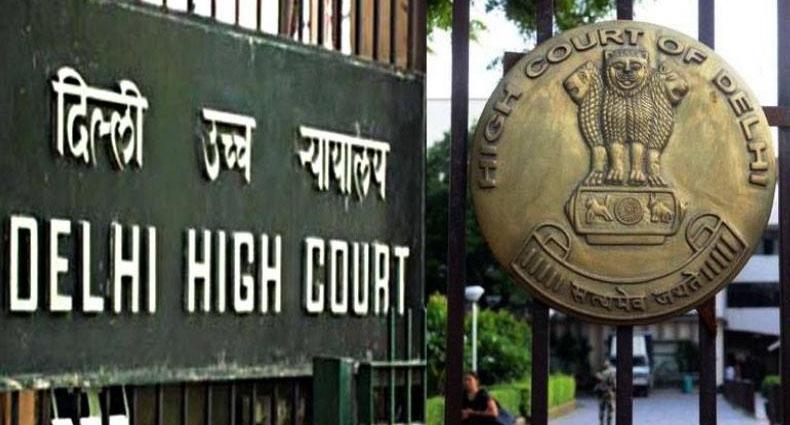(MENAFN- IANS) New Delhi, May 30 (IANS) The Delhi High Court on Tuesday granted permission to a South Korean national seeking to enrol as an advocate in India.
Justice Yashwant Varma pronounced the order on Daeyoung Jung's plea and directed the Bar Council of India (BCI) to allow his application for enrolment with the Bar Council of Delhi (BCD).
Justice Varma said: "The position which emerges is while duly qualified citizens of India are undoubtedly entitled to apply for enrolment, the rights of foreign nationals are made contingent upon the state bar council being satisfied that Indian nationals are conferred an identical right to pursue legal profession in that country.
"In the absence of a nationality restriction clause being found to exist in a foreign nation, its citizens would be entitled in law to apply for enrolment, subject of course to them being compliant with the other parts of Section 24."
The petitioner had approached the high court after both BCD and BCI had rejected Jung's application and representation for enrolment, respectively.
It was Jung's case that he owns a degree in law from an Indian institution and therefore BCI's decision to not enrol him as an advocate on the rolls of BCD was wrong, the court said.
On the other hand, BCI's stand was that once the petitioner is enrolled as an advocate and happens to engage in professional misconduct, no action can be taken against him if he leaves the Indian territory.
The petitioner, however, stated that when an Indian national is allowed to practise in Korea after obtaining a degree in that country, as per Section 24 of Advocates Act, a Korean citizen should also be allowed to practise in India after studying in India.
As long as the right of the citizens of India who hold the requisite qualification to practise law in a foreign nation is preserved and no discriminatory measures are adopted in the foreign nation, the nationals of that country would clearly be entitled to seek enrolment in terms of the proviso to Section 24(1)(a), the court noted.
The BCI also claimed that if the petitioner is enrolled, it would pave the way for entry of people of foreign origin into the Indian Bar, which is unprecedented.
The foreign national had moved to India with his parents at the age of 11 and lived here continuously till he graduated from the NALSAR University in 2016.
"Qualifications, disqualifications and other relevant provisions propounded in various provisions of the Korean law apply equally to South Koreans as well as Indian applicants, clearly eliminating the discrimination concerns. In any case, no Korean statute was shown to raise a nationality bar disentitling an Indian citizen, otherwise qualified, from pursuing the legal profession.
"Therefore, the absence of an explicit provision corresponding to the Proviso to Section 24 [even though Section 24 contemplates no such explicit requirement] would not have warranted the rejection of Jung's application," the court said.
--IANS
spr/arm
MENAFN30052023000231011071ID1106356488
Legal Disclaimer:
MENAFN provides the information “as is” without warranty of any kind. We do not accept any responsibility or liability for the accuracy, content, images, videos, licenses, completeness, legality, or reliability of the information contained in this article. If you have any complaints or copyright issues related to this article, kindly contact the provider above.
























Comments
No comment